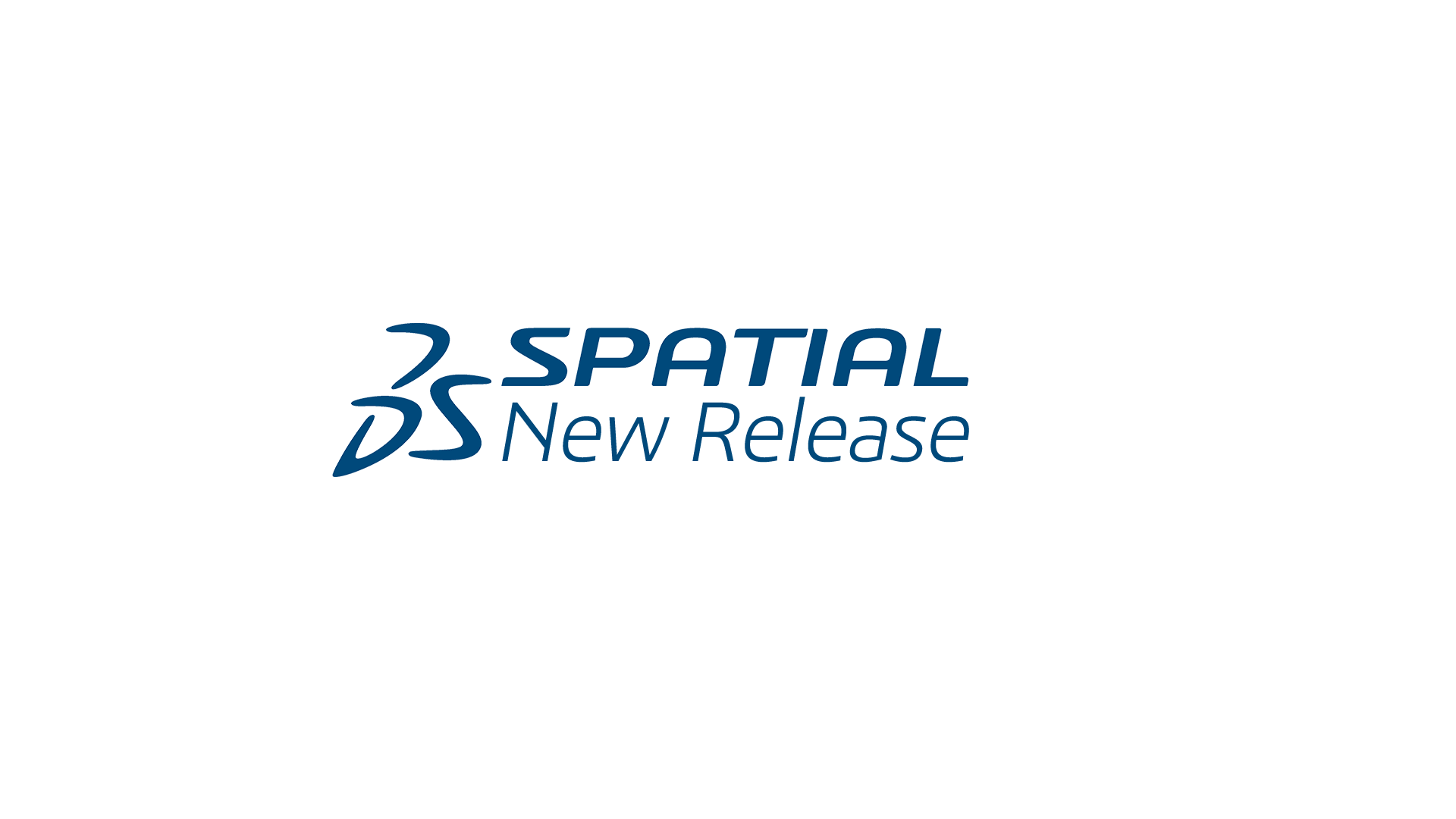Spatial 2025 1.0.1 Release Highlights: Enhancements for CAD Translation, Model Simplification, and Mesh Preparation for Manufacturing & Simulation
- Introduction
- 3D ACIS Modeler
- 3D InterOp
- Data Prep
- CGM Modeler
- CSM-CVM
- CDS
- Release Highlights
- About Spatial Corp
The 2025 1.0.1 release delivers expanded functionality designed to streamline manufacturing and simulation workflows. Key highlights include a new custom feature detection API in ACIS for more efficient model simplification, expanded CAD format support—including STEP AP242 PMI writing—and continued enhancements to hidden-body removal. With this release, Spatial reduces manual tasks, increases fidelity in geometry translation, and strengthens its toolset for automated design-to-manufacture and design-to-simulation pipelines.
3D ACIS Modeler
- Custom Feature Detection (Beta): Model simplification often requires manual and repetitive tasks by end-users. This capability allows end-users to define a custom feature and automatically detect other instances of it in the model.
- Panel Ray Fire: Instead of firing individual rays, your application can use this new interface to define an array of rays in a structured rectangular pattern, which significantly boosts performance.
- Skinning Enhancements: Optimized algorithms reduce twists and self-intersections to deliver cleaner, more accurate output surfaces.
3D InterOp
Creo Reader Improvements
- Cosmetic Sketch Translation: Convert text from cosmetic sketches into wireframe bodies to support engraving workflows.
- Table Patterns: Table patterns are a flexible way to specify the locations of features for machining processes such as drilling, milling, cutting, or punching of holes. This release now supports the extraction of table patterns.
Sketch Support for Inventor:
- Import sketch data as wire bodies from Inventor 2023 and later.
STEP AP242 Support
- Writing imported semantic PMI data to STEP AP242 is now supported. Authoring PMI data is expected to be available in time for the next release.
Wire support in glTF Writer
- This functionality lets customers convert CAD files with PMI to glTF for web viewing applications.
Updated CAD Format Version Support:
-
IFC 4.3.2.0
-
NX 2412
-
Parasolid 37.0
-
Revit 2025
-
Solid Edge 2025
Data Prep
Hidden Body Removal
For parts, a new optional behavior allows hidden bodies to be identified and marked-up without being removed. Hidden body removal for assemblies is now available in a limited form for demonstration purposes. Customers may expect further improvements to hidden body removal soon as Data Prep continues to be a prime focus for Spatial.
CGM Modeler
Generate parallel curves on a body (Beta)
- This release introduces a new operator to create parallel curves on a body's surface, separated by a specified geodesic distance. This feature is especially beneficial in manufacturing workflows requiring precise spacing between adjacent toolpaths.
C# Interface
- This update implements several memory management improvements.
CSM-CVM
CVM mesh quality improvements
- Mesh regularity has been improved in adaptive workflows.
CDS
Support for soft constraints
-
Ability to convert between geometric constraint and soft constraint.
Release Highlights
Please review the release notes on the Documentation site after you review the links below:
About Spatial Corp
Spatial Corp, a Dassault Systèmes subsidiary, is the leading provider of 3D software development toolkits for technical applications across a broad range of industries. Spatial 3D modeling, 3D visualization, and CAD translation software development toolkits help application developers deliver market-leading products, maintain focus on core competencies, and reduce time-to-market. For over 35 years, Spatial’s 3D software development toolkits have been adopted by many of the world’s most recognized software developers, manufacturers, research institutes, and universities. Headquartered in Broomfield, Colorado, Spatial has offices in the USA, France, Germany, Japan, China, and the United Kingdom. For more information on Spatial’s latest updates and product offerings, please visit www.spatial.com.















